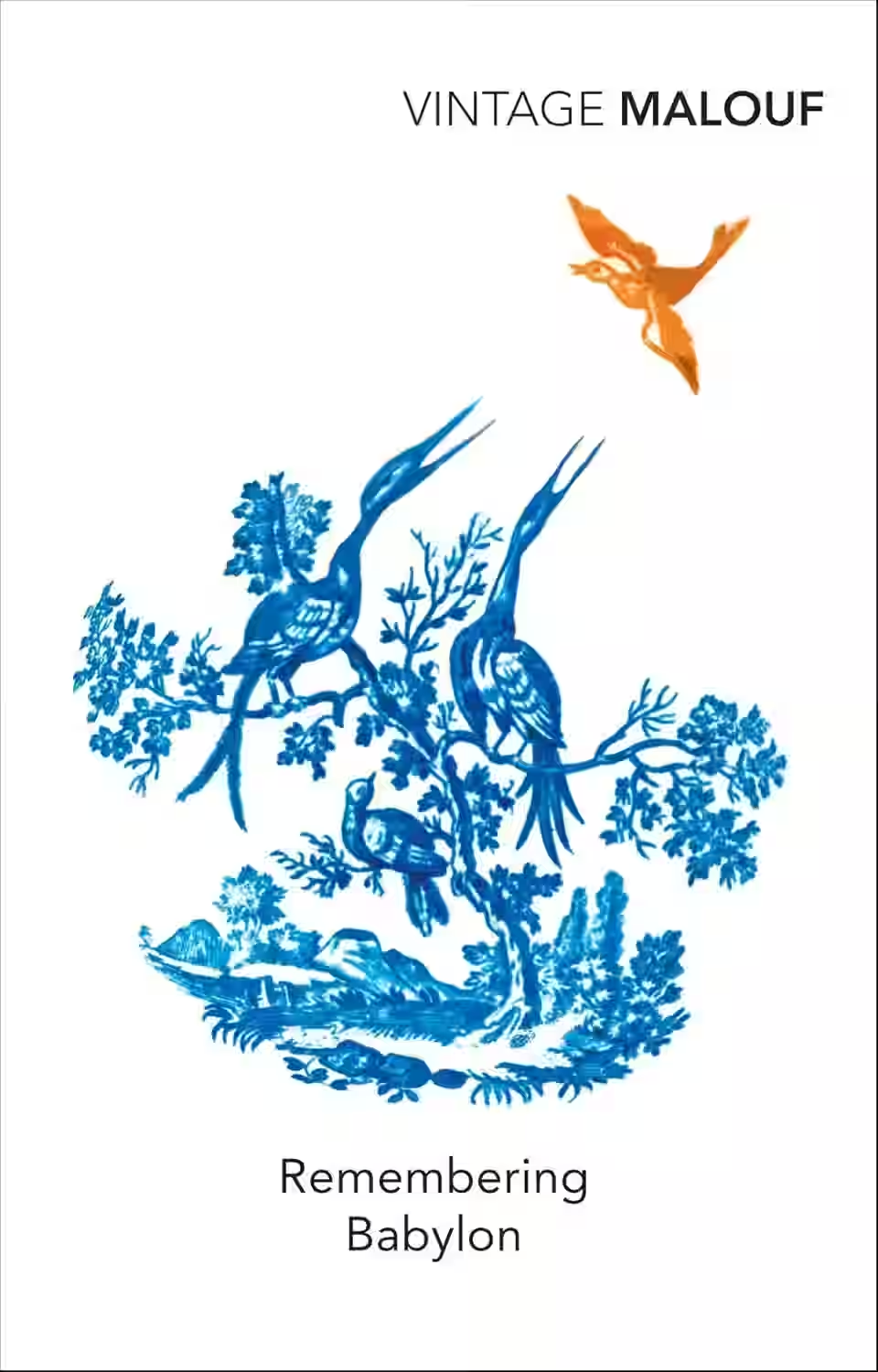
Remembering Babylon is a historical novel set in 19th-century Australia that explores themes of race, belonging, and the clash of cultures. When a white man raised by Indigenous people appears in a small settlement, his presence stirs fear and prejudice, forcing the community to confront their own assumptions and the complexities of identity.
About David Malouf
An acclaimed Australian author, known for his lyrical prose and historical fiction that often explores themes of memory, identity, and the complexities of the Australian landscape. His works, including Remembering Babylon and An Imaginary Life, blend historical detail with philosophical inquiry and poetic sensitivity, creating deeply resonant narratives that have earned him international recognition.
Other Books by David Malouf
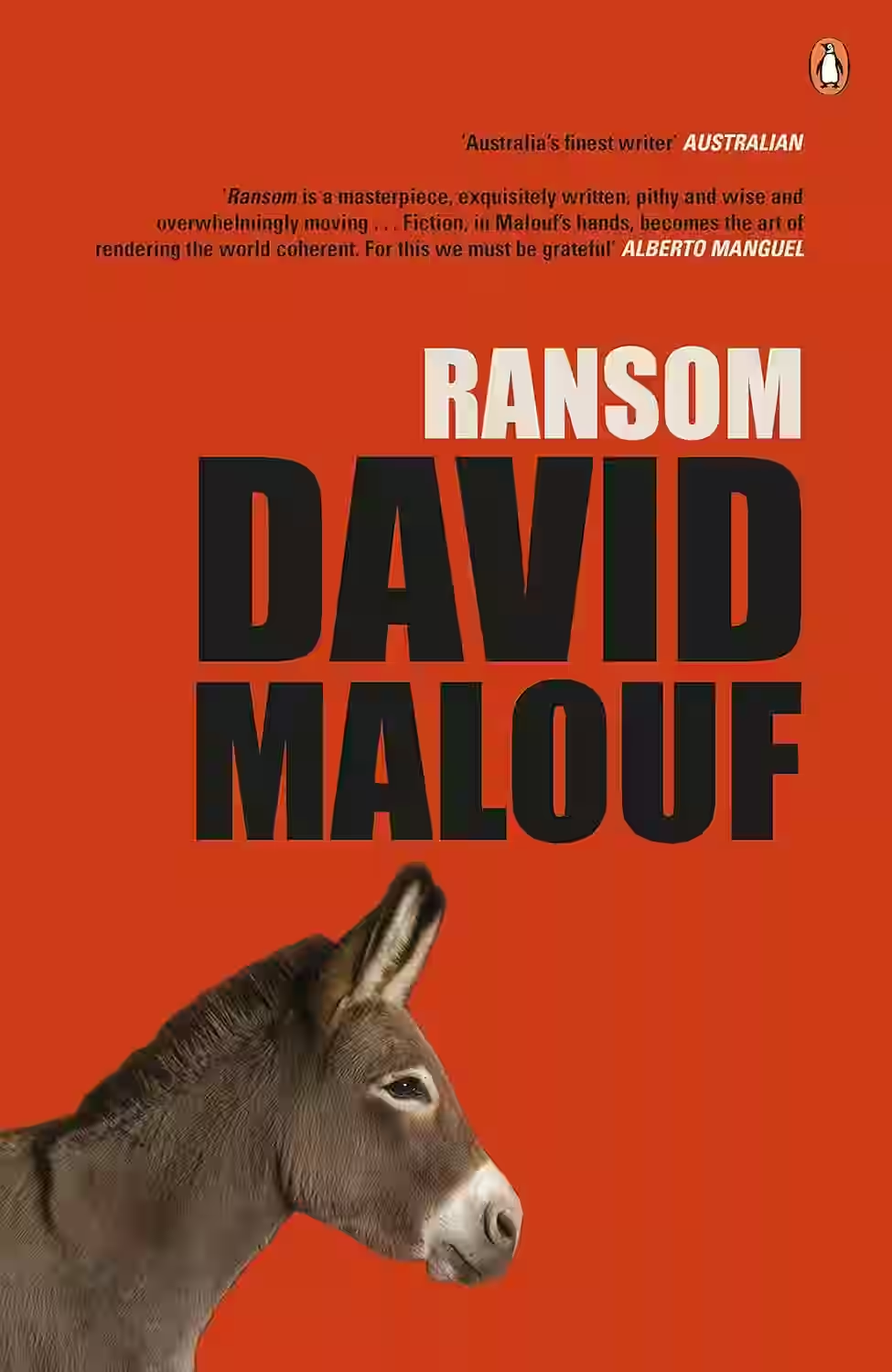
Ransom
by David Malouf
David Malouf's 'Ransom' offers a poignant reimagining of a brief, but pivotal episode in Homer's 'Iliad'. The novel focuses on King Priam of Troy's journey to retrieve the body of his slain son Hector from the Greek warrior Achilles. Malouf explores themes of grief, redemption, and the transformative power of human compassion. The narrative shifts between Priam's introspective reflections and Achilles' struggles with his own wrath and sorrow, delving into the interplay of fate and vulnerability in the face of monumental loss. Malouf's lyrical prose and deep empathy for his characters render this tale not just a retelling, but a profound meditation on the potential for change and understanding even amidst the chaos of war.
Similar Books
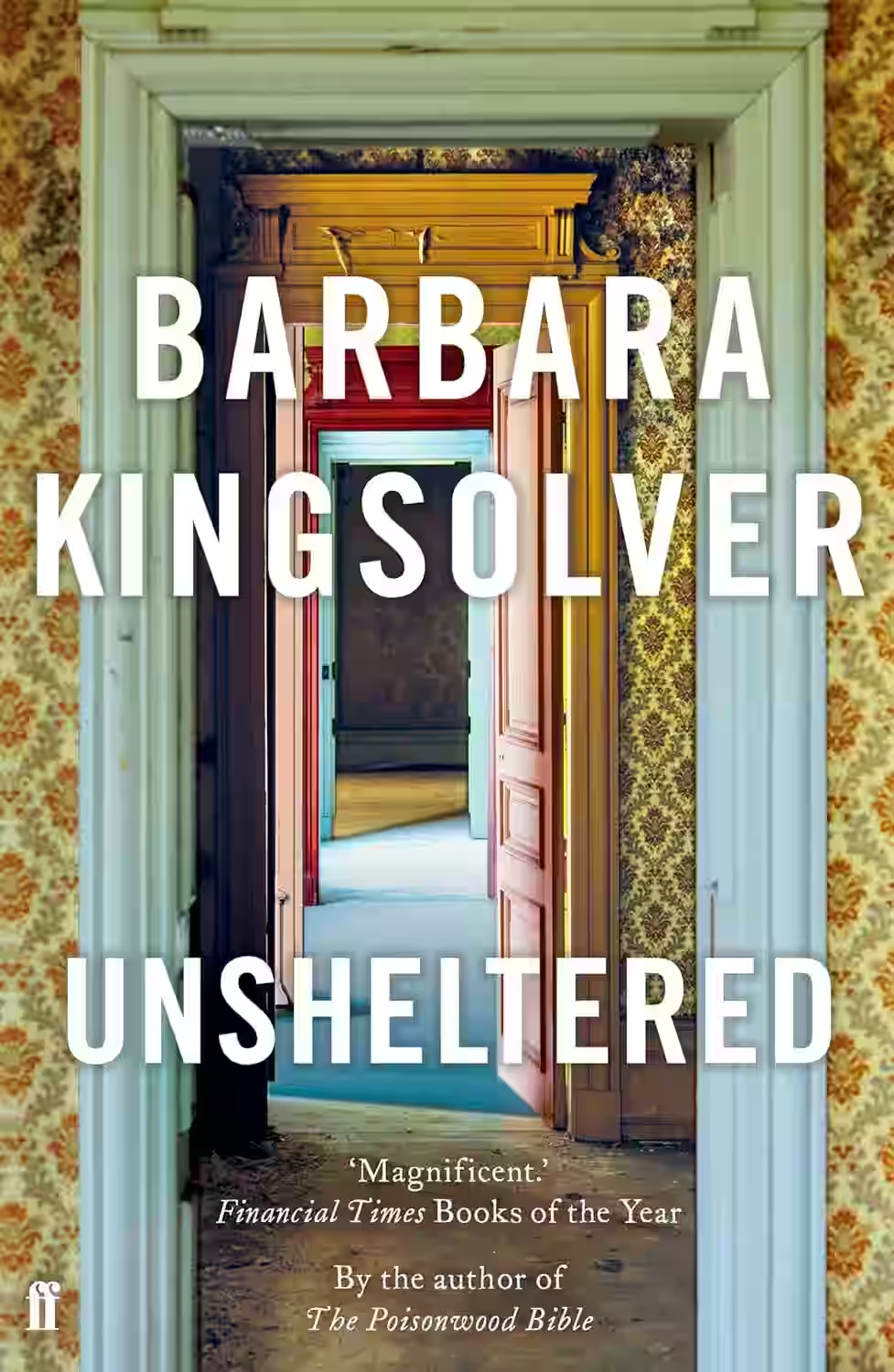
Unsheltered
Barbara Kingsolver’s 'Unsheltered' weaves a compelling narrative that delves into the volatility and uncertainty of human existence through a dual timeframe approach. Set in the same New Jersey house in the 19th century and the present day, the story follows two families grappling with socio-economic upheavals, challenging relationships, and evolving societal values. Kingsolver expertly intertwines historical and contemporary anxieties, exploring themes of resilience, adaptation, and what it means to live without a firm foundation. The novel's insightful parallel between climate change and societal change invites readers to reflect deeply on their own worlds. Kingsolver's crisp, vivid prose and meticulous character development create an immersive experience, making 'Unsheltered' both thought-provoking and emotionally resonant.
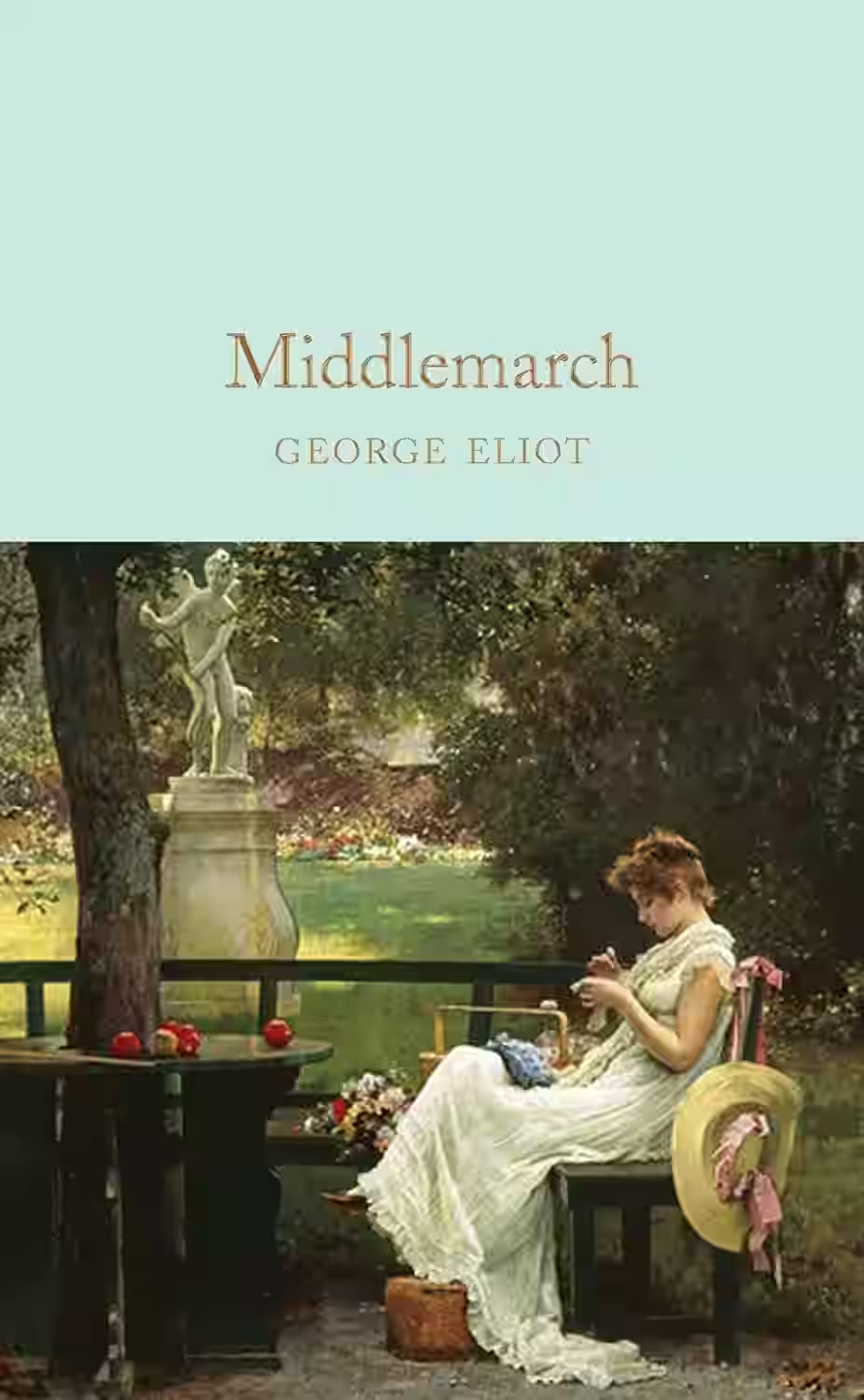
Middlemarch
by George Eliot
George Eliot’s Middlemarch is a deeply layered novel exploring the lives of residents in a fictional English town during the early 19th century. It centers on Dorothea Brooke, an idealistic woman seeking intellectual and spiritual fulfillment, and Tertius Lydgate, a reform-minded doctor. The novel examines marriage, ambition, politics, and the limitations of social convention. Renowned for its psychological realism and philosophical depth, Middlemarch is often hailed as one of the greatest English novels, offering a rich portrait of provincial life and moral complexity.
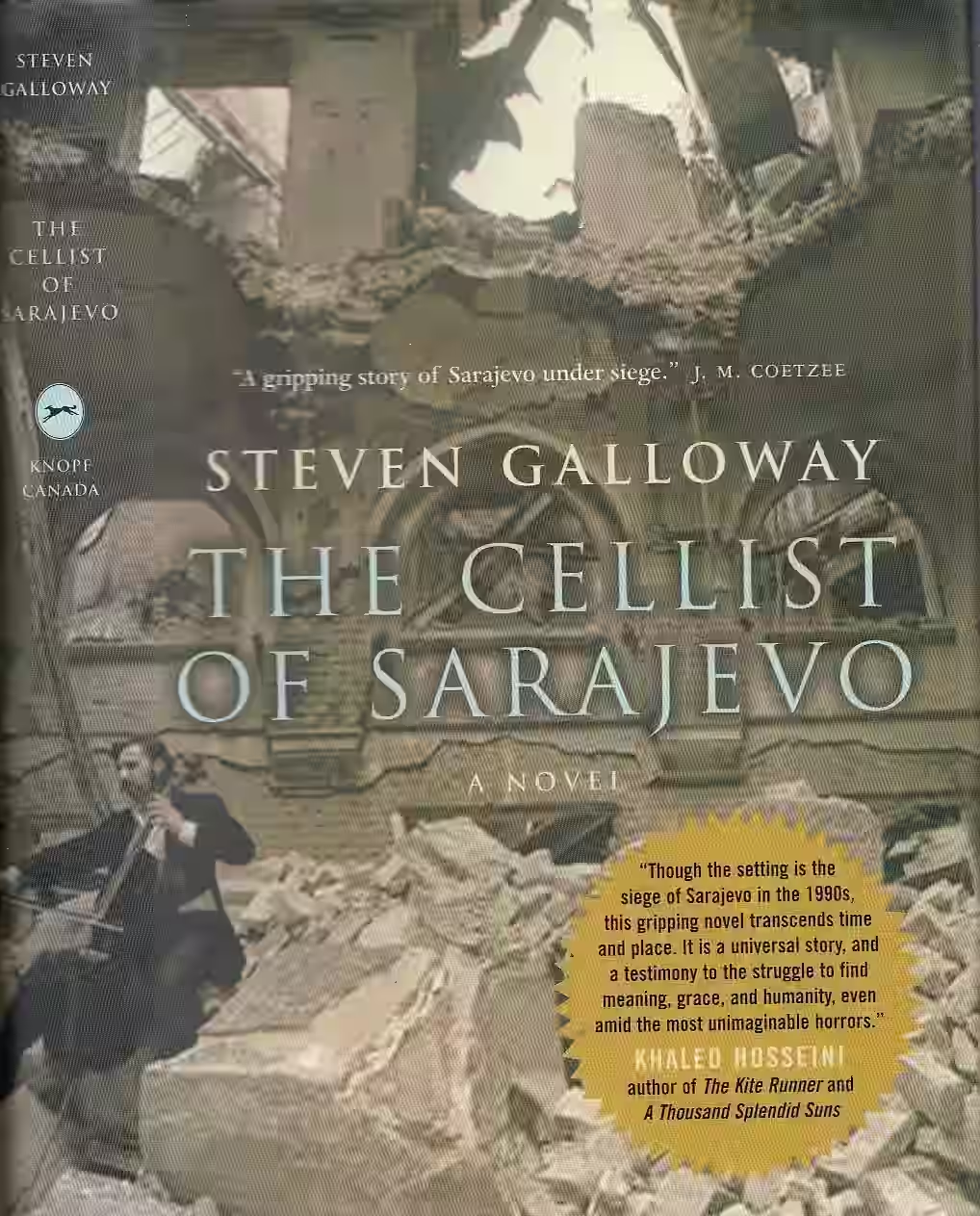
The Cellist of Sarajevo
Set during the siege of Sarajevo in the early 1990s, 'The Cellist of Sarajevo' by Steven Galloway is a poignant exploration of life under siege. The novel interweaves the lives of three characters—Dragan, Kenan, and Arrow—each struggling to preserve their humanity amidst the chaos of war. Their stories orbit around the figure of a cellist, who plays Albinoni's Adagio in the streets to commemorate the lives lost to a mortar attack. Galloway deftly captures the resilience of the human spirit, the impact of art in times of despair, and the simple acts of courage that shine through the shadows of conflict. The book's haunting prose and meditative tone create an indelible reflection on the moral choices faced in brutal circumstances.

East of Eden
Set in the rich farmland of the Salinas Valley, California, this powerful, often brutal novel, follows the interwined destinies of two families - the Trasks and the Hamiltons - whose generations hopelessly re-enact the fall of Adam and Eve and the poisonous rivalry of Cain and Abel. Here Steinbeck created some of his most memorable characters and explored his most enduring themes- the mystery of indentity; the inexplicability of love, and the murderous consequences of love's absence.